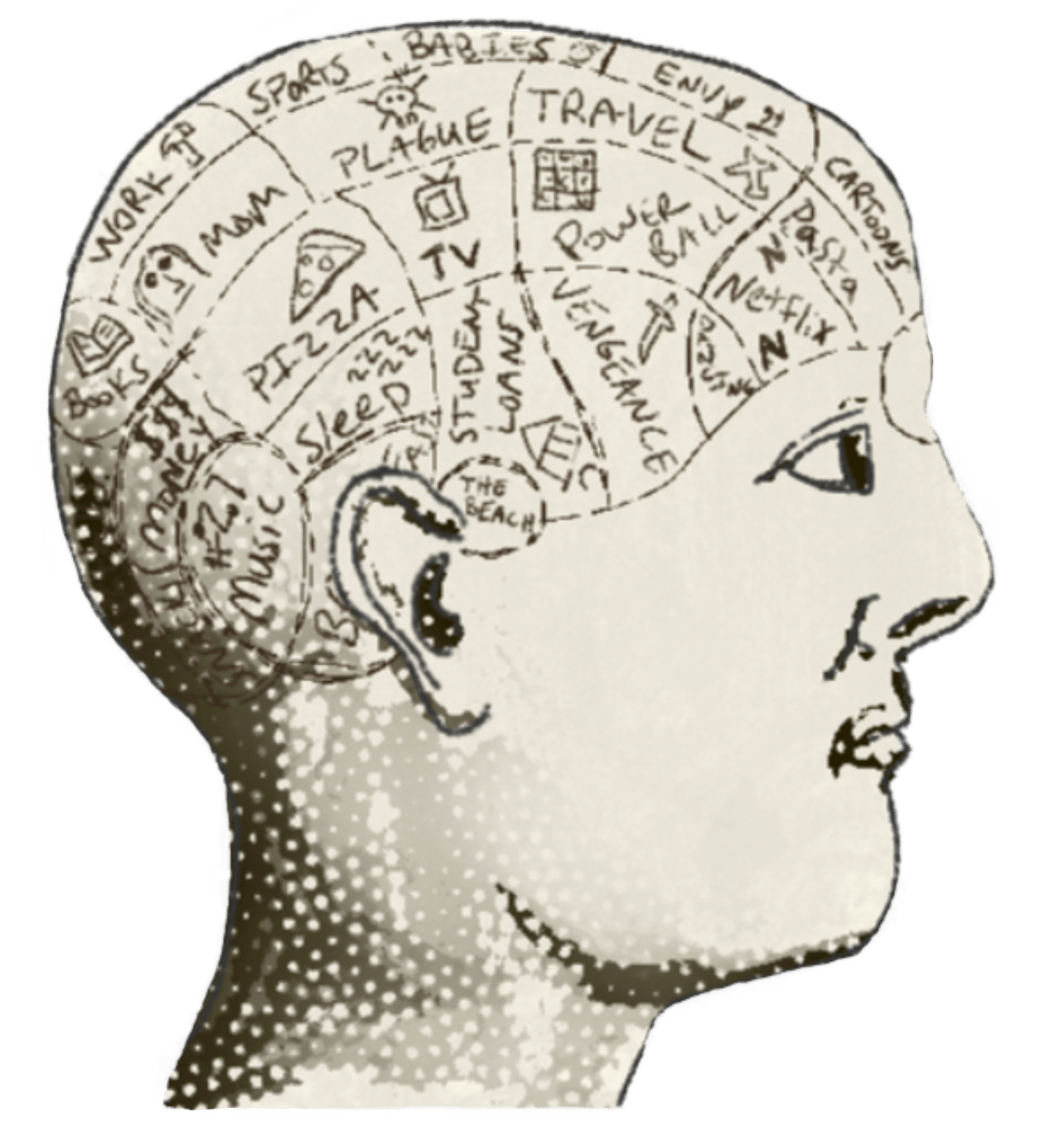Listening Deeply in Museums
Indi Young's course comes to the MaP Community.
“We do quite a bit of evaluation, but it can feel like … getting people who really like us to tell us how much they really like us.”
I hear comments like this among museum professionals fairly often, and I always take it as a good sign. I see this kind of remake as good sign because it a question behind it, which is something like: “How do we learn from more and different people so that we can have a more significant impact?” And from that question, we’re just a step away from what I think is the real question:
“Are we really going to be able to evaluate our way to a better future for our organization and the communities we want to support?”
There's an underlying uncertainty as to how whether museums are going to be able to realize their strategic imperatives by approaching big, old, thorny challenges like these using the same old evaluative techniques and mindsets. (I'm quick to add, as always, that evaluation is a friend — evaluative research has its place. I just don't think it should have every place.)
Ok, but how? How can we actually begin to address this challenge and what is the alternative to evaluative research?
Indi Young’s method is a practical way to approach this challenge. MaP has partnered with Indi to bring her foundational course, Listening Deeply, to museum professionals. You can register for the course here.
Indi's techniques are accessible to anyone. That’s not to say they’re easy, but they aren’t exactly hard either. The things that keep us from listening in this way are less skills-based and more related to our habits and work cultures. That’s why, along with the course material, participants who register through MaP attend live practice sessions to discuss how the practices and ideas in the course can be applied in their work. Indi can teach you how to listen, and the MaP Community can help you address challenges in translating the material to your museum practice.
Let’s go back to the original challenge, which can also be framed as: “How can we learn from new and different kinds of people so that we can create more inclusive and relevant supports for their goals?”
We can’t keep running the same surveys or interviews with the same people using the same approaches and expect a different result. If you dig yourself into an evaluative hole, doing more evaluation is only going to create a deeper pit. You can have a doctor who follows all the “best practices”, but it won’t help you if he’s treating you for the wrong illness.
I’m biased, but I think Listening Deeply is a course that provides a path forward to this challenge.
Thanks to a special partnership with Indi, we're able to offer MaP readers lifetime access to all Listening Deeply course materials at a special rate of $150 ($99 for Supporting Members and $89 for Museum Members). The standard price for this course is $500 or $250 for individuals who are paying out-of-pocket, so even those purchasing at the standard rate will save at least $100 on the course when they sign up through MaP. Additionally, MaP participants receive lifetime access to the course materials. (Registrants through Indi's website are limited to 6 months of access.)
Next month, we'll begin offering live practice sessions for course participants at no additional cost. Practice sessions give course participants a chance to connect with other cultural professionals to explore how this methodology can be integrated into their museum practice and ask questions about the material.
Registration includes 46 videos (total time: 11.25 hours), demos and examples, reflection worksheets, and quizzes. The videos include closed captions and are recorded so participants can listen to them with or without the screen.
